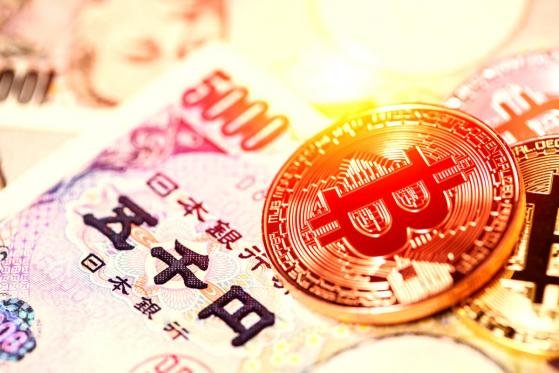The humans are to be blamed for any disturbance in the well-organized system. It is the humans that are the real threat and not the computers. Hackers are the unauthorized user that steal, change or corrupt the data from the system that they are logged in to. A recent activity from the hackers has again reminded us of these predators when a major crypto exchange, Zaif, in Japan was hacked this week losing almost $60 million in user funds.
As reported by the Local news agency and Japan Times that 6.7 billion Yen was stolen by an anonymous group of hackers. About 2.2 billion yen in corporate funds and 4.5 billion yen in user funds were lost during the breach.
The victimised firm, Zaif, has promised its customer that all the investors affected by the incident will be reimbursed in cryptocurrencies. Fisco, a Tokyo-based financial markets research firm, has made a deal with Zaif in which Fisco has given 5 billion Yen to the company in return for a majority stakes in the exchange. It was also reported in the Japan Times that, "The firm originally said about ¥6.7 billion was hacked, but the actual amount has yet to be confirmed as the server that was attacked has not been rebooted for security reasons,”

The Japanese Financial Services Agency (FSA) implemented strict policies to regulate crypto exchanges in April last year. FSA also created a licensing program in which the crypto trading platform was to file license in order to operate within the country. 160 companies are currently planning to file licenses to operate as regulated digital asset exchanges in the country.
The Zaif incident has made the Japanese government realize the importance of implementing more strict policies and a proper internal management system as the digital asset trading platform require proper regulations.
This recent hacking should hint the Japanese government to cooperate more actively with exchanges, and involving the leading government agencies in the security and internal management system of exchanges that will ensure the investor fund remains safe.